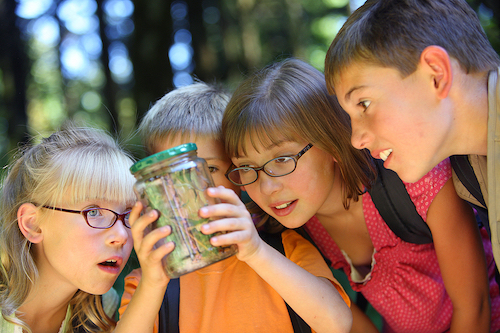 Teenagers who grow up in large families have poorer mental health than their peers who grew up in a family with fewer siblings.
Teenagers who grow up in large families have poorer mental health than their peers who grew up in a family with fewer siblings.
Researchers from Ohio State University found that in an analysis of children growing up in the US and China, having a larger number of siblings had ramifications for the mental health of teenagers.
“In two nationally representative datasets (one in China, one in the US), the number of siblings was negatively associated with mental health. Seeing the pattern in two different contexts (China and the US) gives us greater confidence in the generalizability of the pattern,” Doug Downey, lead author of the study and professor of sociology at The Ohio State University told Theravive.
Other research has found that having a larger number of siblings is associated with a positive impact. The researchers say their results weren’t easy to predict before they conducted their study.
As part of the study, the researchers analyzed more than 9100 American students in the eighth grade. They were the kindergarten cohort of 1988.
The researchers also analyzed 9400 eighth graders from China.
In China, the average young person had .7 fewer siblings than the average American young person. 34% of the children in the Chinese cohort were only children. The researchers say this was expected due to China’s One Child Policy. In contrast, just 12.6% of American children in the cohort were only children.
The young people in both the cohorts from America and China were asked questions about their mental health, though there was variation in the questions between each.
The researchers found that in China, the young people who had no siblings had the best mental health. A similar result was found in the US, with young people who had no or just one sibling having the best mental health.
The results from the US cohort indicated that both full siblings and half siblings were linked to having poorer mental health.
Having older siblings and having siblings who were close in age typically results in the worst impact on mental wellbeing.
Those born within a year of their sibling had the strongest negative impact on mental health.
The researchers say the reason for this could be explained through the theory of “resource dilution”.
Under the theory, if you consider that a parent’s resources might be like a pie, having only one child means the child gets all of the pie, or all of the parent’s resources. If a parent has multiple children, they must share the pie and in turn have fewer resources.
The finding that siblings close in age experience the most negative mental health impact supports this theory. Children who are similar in age are often competing for similar resources from their parents.
Another theory is that those from one child families also are the most socioeconomically advantaged. In both China and the US, children in families with the most socioeconomic advantage had the best mental health. They also had the least number of siblings.
The researchers note that their study doesn’t measure the quality of relationships between siblings. They say it is possible that sibling relationships of high quality may have more of a benefit and a positive impact on mental health.
Other research suggests that having siblings is associated with a lower likelihood of divorce in adults, as well as better social skills in kindergarteners.
Downey argues the impact of siblings is an area of research that is not well understood and warrants further investigation.
“We would like to explore this association among adults, where the mental health benefits of siblings may be more prominent,” he said.
“People are having fewer children all over the world. We are only beginning to understand the consequences of that demographic shift. If fewer siblings are related to better mental health, that's one positive consequence.”
Elizabeth Pratt is a medical journalist and producer. Her work has appeared on Healthline, The Huffington Post, Fox News, The Australian Broadcasting Corporation, The Sydney Morning Herald, News.com.au, Escape, The Cusp and Skyscanner. You can read more of her articles here. Or learn more about Elizabeth and contact her via her LinkedIn and Twitter profiles.